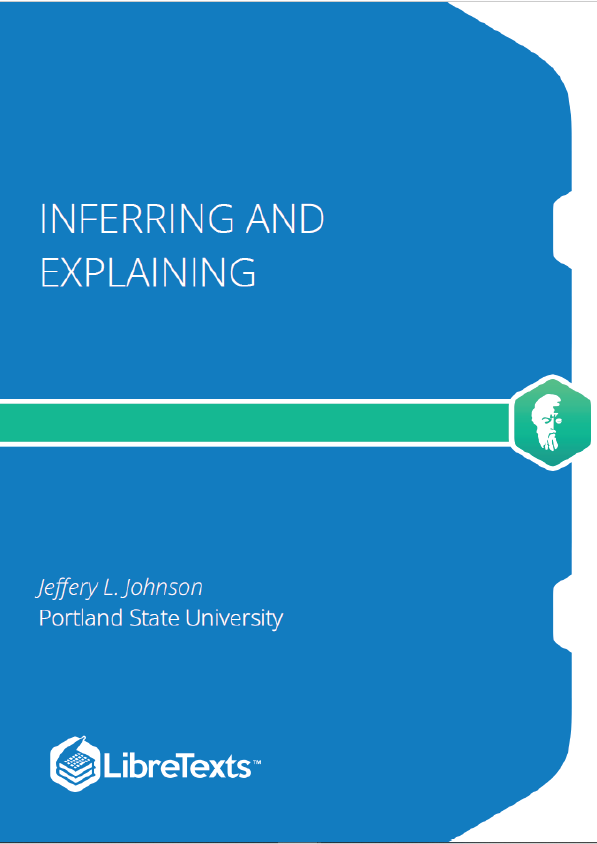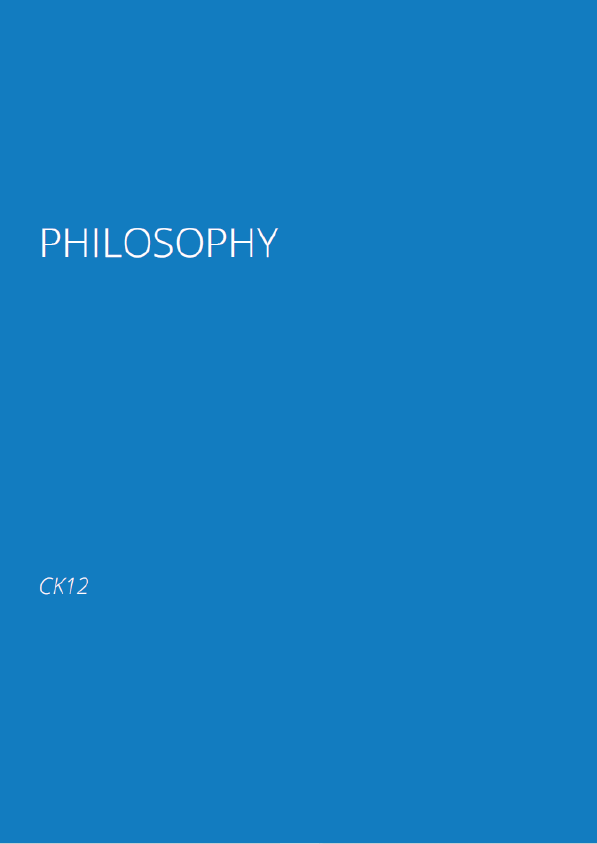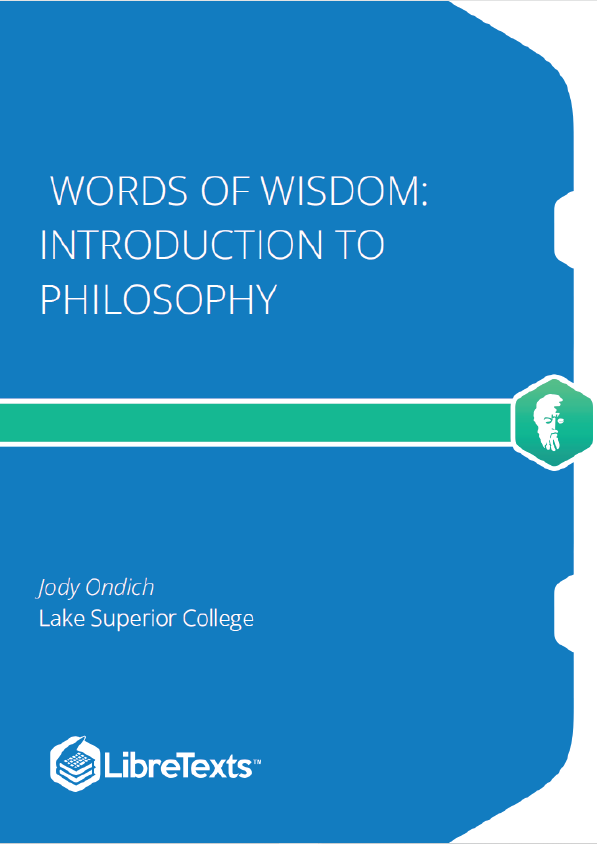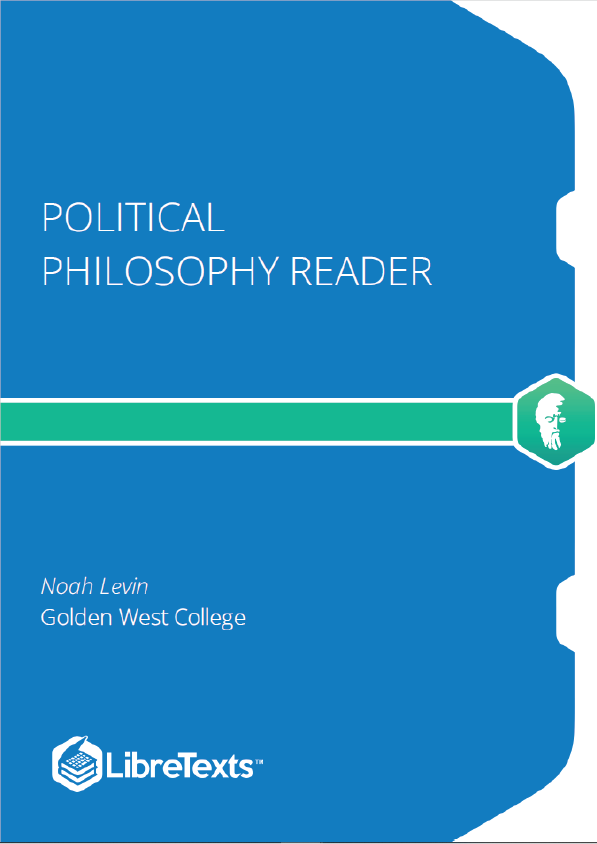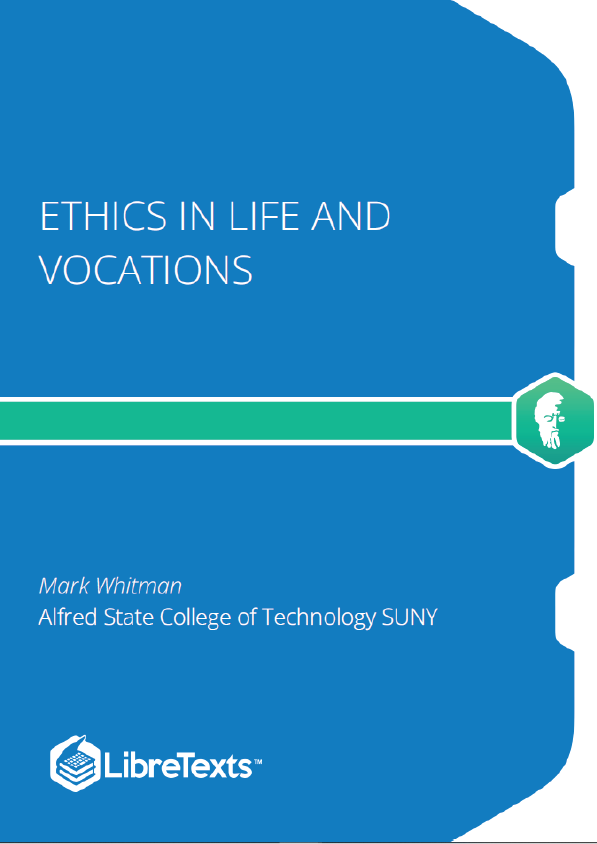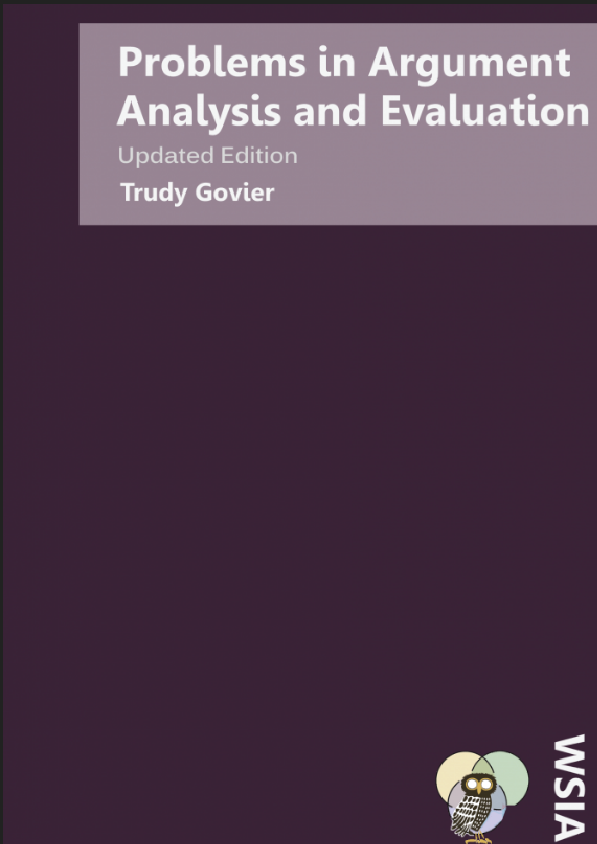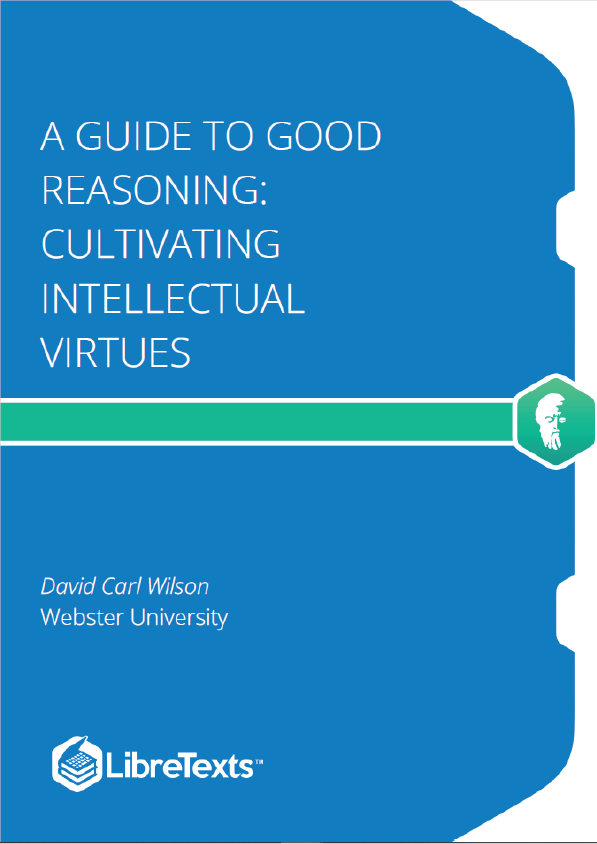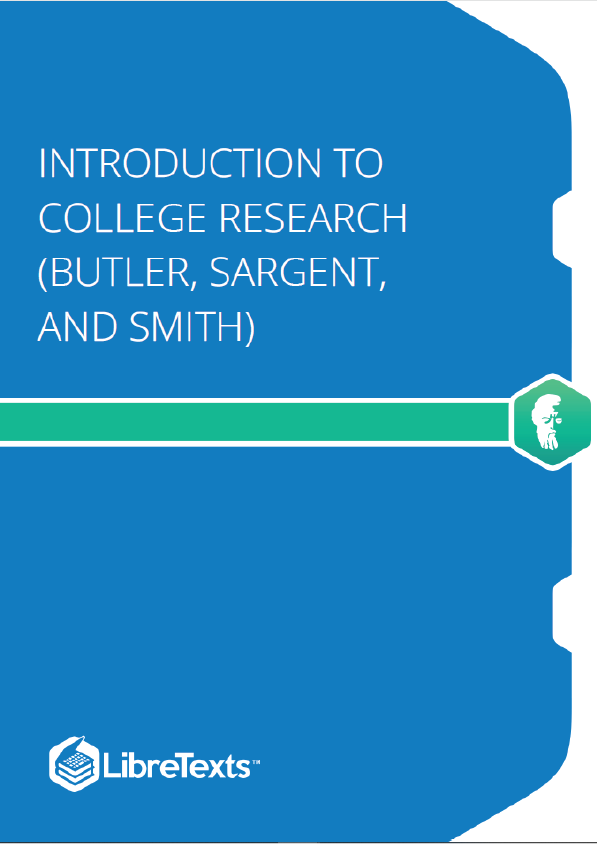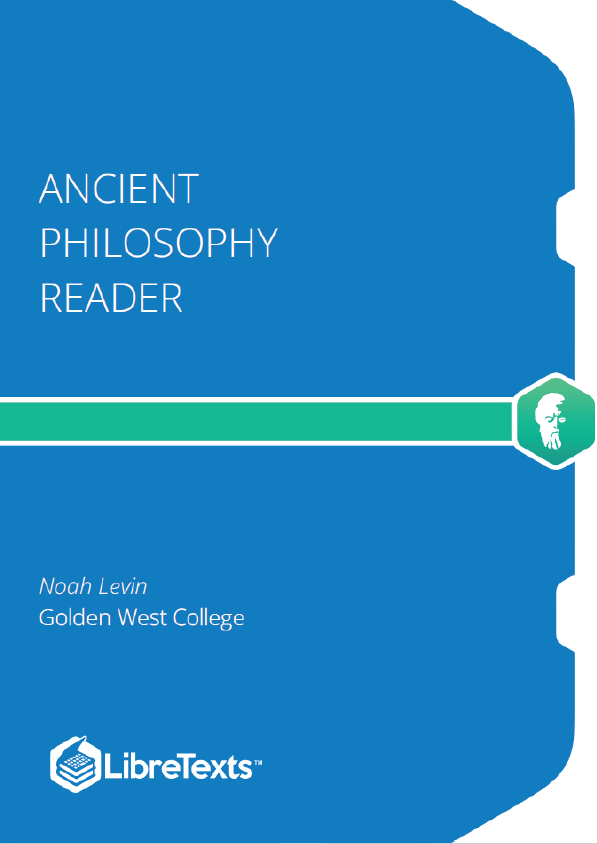Practical Epistemology
This is a book about what I am calling practical epistemology. It reflects two of my most deeply held prejudices as a teacher. I believe that abstract questions in academic philosophy are intrinsically interesting not just to professionals but to smart, inquisitive students as well. I also believe that carefully reflecting on the great questions in Western philosophy (What is knowledge? Is it possible? Does God exist? Do we have genuine free will?—to say nothing of the equally important moral, political, and legal questions that philosophers have posed and attempted to answer) improves one’s general critical thinking skills. So I would claim that a good philosophy course is good for a lot more than just general education credits and will be of value no matter what your major is or career aspirations are.
The book begins with three classic questions in the theory of knowledge—What is the value of truth? Can we know anything? What is the nature of knowledge in the first place? It then introduces a little logic and a particular theory of evidence evaluation— inference to the best explanation. This view of argument analysis is the cornerstone of my entire discussion throughout the book. We then turn our attention to some issues in the history and philosophy of science—the role of experiments, Semmelweis’s discovery of the causes of childbed fever, and Darwin’s theory of common descent by natural selection. The book concludes with discussions of capital punishment, evidence as narrative, and some thoughts about the nature of evidence and truth.
Critical Thinking
This brings me to my second, and even more deeply held, prejudice as a philosophy teacher. I am committed to the value of critical thinking—or, as it is sometimes called, practical, or informal, logic—as a tool for undergraduate and professional success. I pretend little modesty here. I have heard from too many students that the techniques developed in chapters 4 through 12 have proven not just useful but essential in their other undergraduate and graduate classes, and indeed, in their professional lives.
Where I do claim some modesty, however, is that I take little credit for discovering these techniques. They were all first articulated by my friend and mentor, Larry Wright. I had the honor of working with Larry as a teaching assistant when he was putting together his first published articulation of inference to the best explanation as a procedure for argument analysis.2 That graduate school experience fundamentally shaped my perception of what it is to be a philosopher and what it is to be an effective undergraduate teacher. Inference to the best explanation has gone on to inform much of what I have done in my professional scholarship. It has also guided my own teaching career. To Larry, I owe a debt of gratitude that cannot really be expressed.
If this book accomplishes nothing else, I hope it at least tempts readers to utilize the somewhat structured, almost ritualistic procedure I am calling the inference-to-the-best-explanation recipe as a test of the quality of evidence presented in an argument. I do believe that you will be pleasantly surprised at how often it proves useful.
